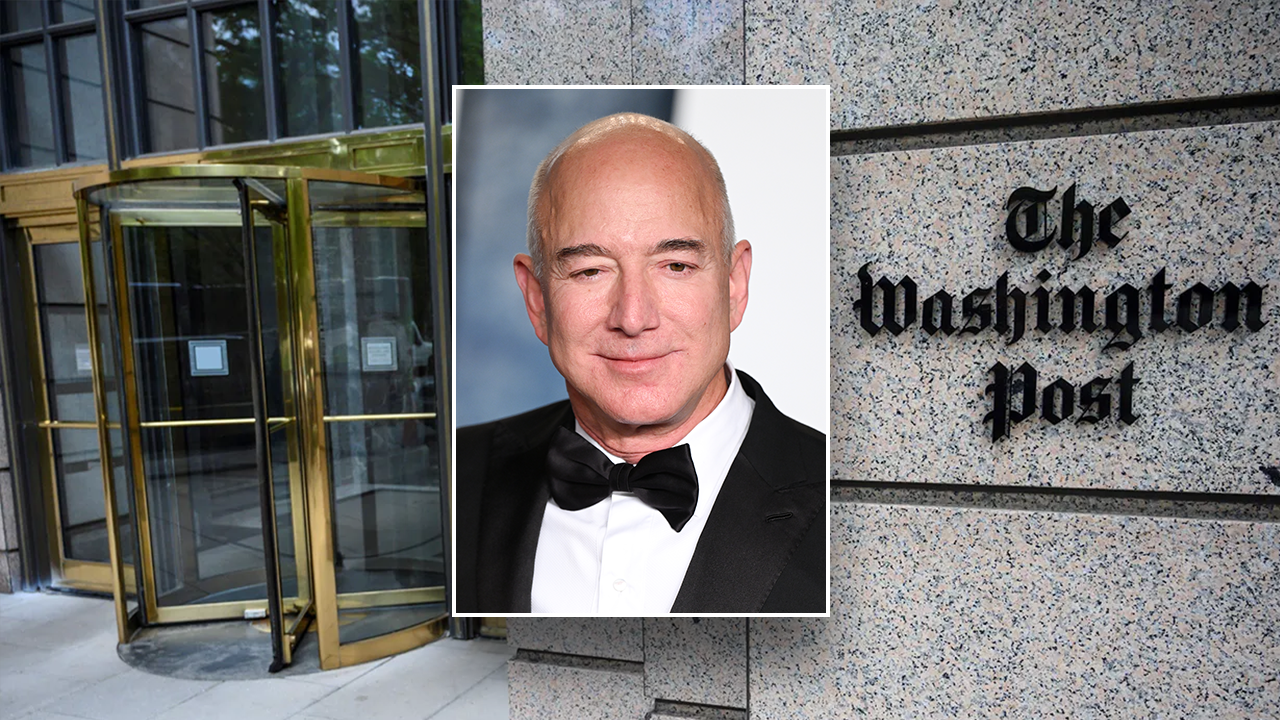
Washington Post Staffers Revolt Over Non-Endorsement Decision
In a stunning turn of events, the Washington Post is facing a significant backlash from its staff after the paper announced it would not endorse any presidential candidate in the upcoming 2024 election. This decision, made public by publisher and CEO William Lewis, has ignited a revolt among journalists who view it as a betrayal of the newspaper's foundational principles and mission.
The Washington Post, renowned for its slogan “Democracy Dies in Darkness,” has long been a stalwart voice in American journalism, particularly in the political arena. However, the announcement to forgo future endorsements, including for the current presidential election, has left many feeling disillusioned. Shortly after the announcement, the Washington Post Guild released a critical statement expressing deep concern over the implications of this decision. They argued that endorsing candidates is integral to guiding readers through the complex political landscape, especially with an election looming just days away.
Also Read:- Nicolas Cage’s Spider-Man Noir: A Stunning Return to the Dark Side
- Embrace the Time Shift: Winter Hours Arrive This Weekend
The Guild's condemnation of the decision underscores the fears that management’s choice may have been influenced by outside pressures, particularly from owner Jeff Bezos. Sources within the paper indicate that an endorsement for Kamala Harris had already been drafted but was halted by Bezos’s intervention. The notion that Bezos may be concerned about potential fallout, including government contract repercussions should Trump be re-elected, has added fuel to the fire. Many staffers believe this not only compromises journalistic integrity but also threatens the very independence that newsrooms strive to uphold.
Prominent voices within the Post’s editorial team have voiced their frustration as well. Former executive editor Martin Baron characterized the decision as “cowardice,” suggesting it sends a chilling message about the paper's commitment to democracy and accountability. Baron’s remarks highlight a growing sentiment among journalists that the paper is straying from its role as a champion of democratic values. His comments resonated with many colleagues who echoed concerns about the chilling effect this could have on newsroom operations and the broader implications for journalistic freedom.
The staff's outrage has manifested in tangible ways, with reports of subscription cancellations from readers who feel betrayed by the Post's shift in stance. Current employees express feelings of disillusionment and shock at the leadership's choices. As one former staffer lamented, “I have never been honestly ashamed of The Post until today.” This sentiment reflects a broader worry that the newspaper is abandoning its mission at a critical juncture in American democracy.
This decision not only affects the paper's reputation but also threatens its future as a credible news source. The editorial staff has historically operated with a degree of independence, and many are now questioning whether this independence can be maintained under current management. The tension between editorial integrity and corporate influence has never been more pronounced, and it raises essential questions about the future of the Washington Post as a vital institution in American journalism.
As the fallout from this decision continues, it remains to be seen how the Washington Post will navigate this turbulent period. The reactions from both staff and readers serve as a powerful reminder of the expectations placed upon media institutions, particularly in times of political uncertainty. The very essence of journalism, after all, lies in its ability to inform, critique, and guide the public discourse, especially when the stakes are as high as they are in the current political climate.
Read More:

0 Comments